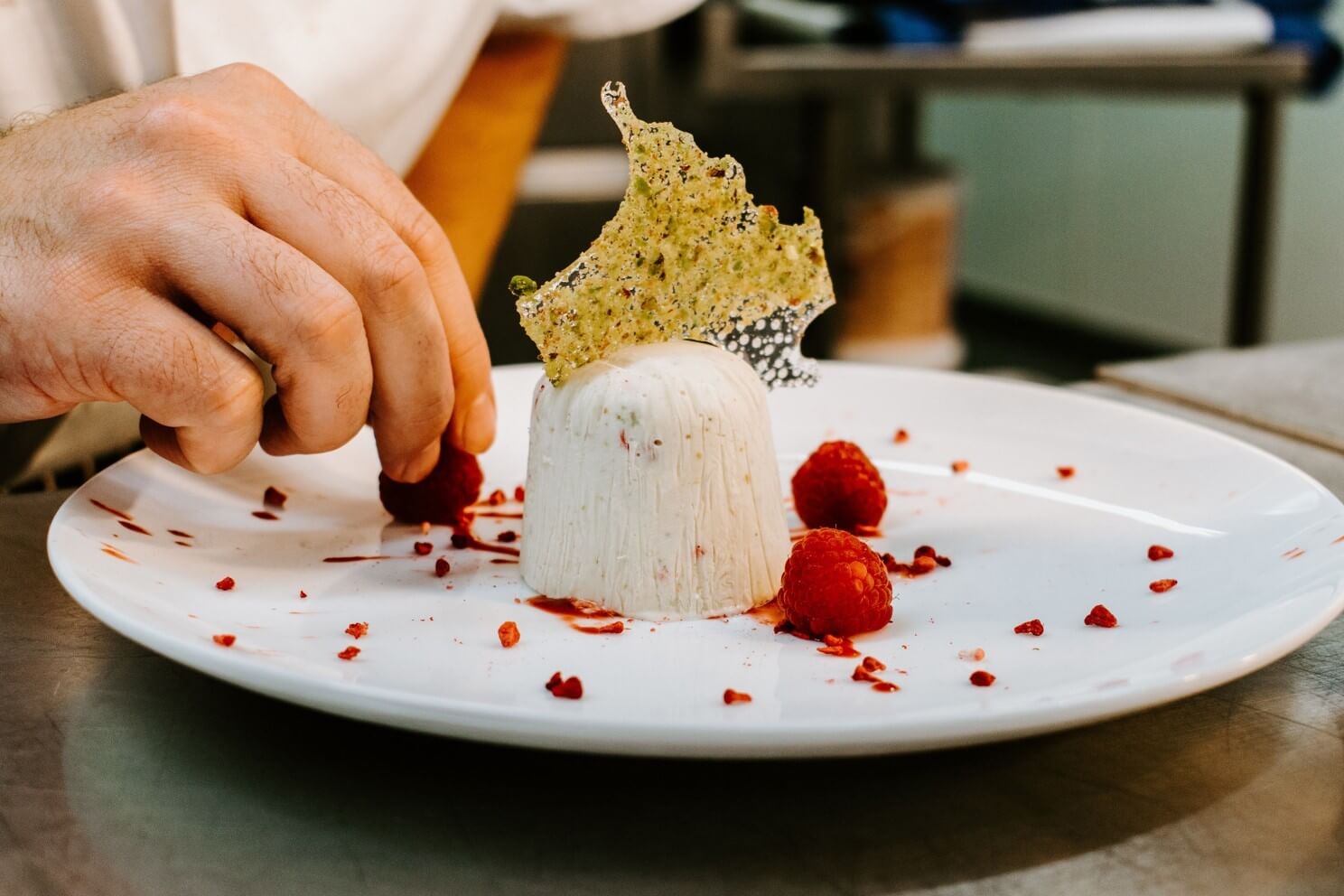While Eden Village West’s Jewish identification as a summertime camp isn’t doubtful, it takes the world view about food. It might be the simplest Jewish summer season camp where campers study how to make German cinnamon rolls, miso soup, tamales, and daifuku.

On a current Friday in Healdsburg, kids in the culinary arts application lined up at “Eatin’ Village” to inform their fellow campers and some traffic about the special afternoon meal they had prepared, describing every dish and naming all of the ingredients for the gain of these with meals hypersensitive reactions. Some campers also took the possibility to comment on what they’d discovered in the past weeks.
“Caramelized onions are just olive oil and onions,” stated eleven-year-old antique Raizel Maghel-Friedman of Berkeley. “We broke up onions and sautéed them in a pan for a long time. They’re so candy; you watched; we had to have placed sugar in them, but we didn’t. It’s excellent how something can flip so candy just from cooking it for a long time.”
It becomes up to Sophia Bevis-Lipton, eleven and from Berkeley, to explain how the organization discovered pickle radishes and cucumbers using greens grown on the camp’s organic farm.
“Pickled stuff is the stuff this is pickled,” said Bevis-Lipton. “The manner is quite simple. You make a vinegar sauce and put the greens in it for a long time.”
The menu for the afternoon meal included veggie-patty sliders (the camp is vegetarian, kosher, and natural) on slider buns made from scratch (every day and gluten-loose); candy potato and ordinary fries, pickles, and self-made ice pops with flavors like lemon-honey, lemon-honey with basil and mint (grown on the farm), and coconut mint chocolate chip. The berry swirl mini cheesecakes have been a favorite dessert for maximum campers.
Michael-Friedman and Bevis-Lipton chose culinary arts as their non-obligatory at camp (the other alternatives have been forestry capabilities and working on the farm). For weeks, the budding cooks spent hours in the kitchen, mastering approximately and making extraordinary dishes daily. One week, it became crammed with foods from around the globe — tamales, empanadas, stromboli, and blintzes were all on the menu. Every day, the subsequent week turned into particular for a specific Jewish vacation, and the campers made the traditional foods related to it — cheesecake for Shavuot, apple cake for Rosh Hashanah, latkes for Hanukkah, and so forth.
Because Eden Village West is an installation at a Seventh-day Adventist boarding college, campers had the best fortune to prepare dinner in a home economics classroom with six distinct kitchen gadgets (albeit stocked with ancient appliances).
“I’ve heard the campers say they’ve taken cooking instructions or applications earlier than in which each one receives to do one little element, like blend something in,” said Jesse Yurow, one among three culinary arts application specialists. “Here, it’s unique because every institution has its full kitchen, and they can do the entire recipe from beginning to complete, so they see it the entire manner through.”
One of the kitchenettes was designated gluten-free. While the campers made crêpes, the gluten-free organization made daifuku, a Japanese sweet mochi (glutinous rice) dessert.
The campers additionally discovered a piece of culinary history. One of these system specialists added a recipe for cinnamon rolls called schnecken, written in her first great-grandmother’s cursive in German. Another relative had translated it into English so the children could make the rolls.
Ashira Langer-Levin, 11, of Berkeley, stated that the spotlight became on learning how to make stromboli. The institution-made versions, one savory with pesto and cheese and the alternative sweet with a blueberry filling.
At least younger minds were blown by how easy it turned out to make miso soup. Miles Wise, nine, of Berkeley, and Willa Hinerfeld, 11, of Los Angeles, both said they’d continually think of it as a restaurant dish.
Abigail Wallace, eleven, from Oahu, said her favorite part of the culinary program was “seeing uncooked ingredients you wouldn’t consume on their personal, but collectively, they make yummy food.”
Campers stated they planned on taking their newfound abilities home, together with new recipes.
“I got here to camp honestly properly at baking; however, no longer as a good deal with cooking,” stated Bevis-Lipton. “But right here, I was given a lot higher at cooking, too.”


